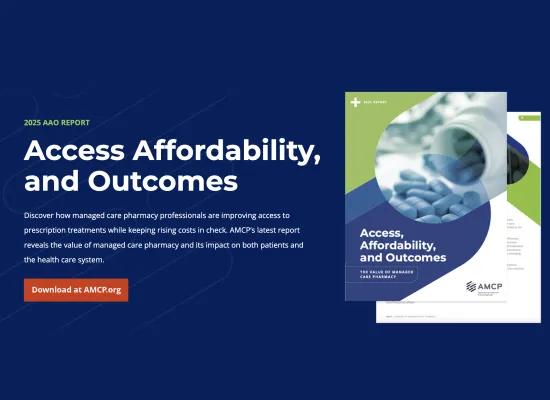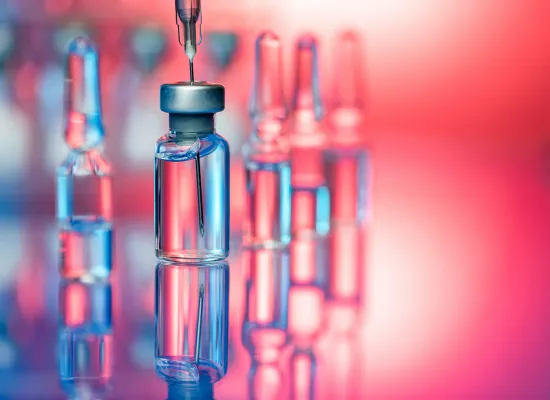
BBCIC Announces Major Milestone; Prepares for Comparative Effectiveness and Safety Studies of Biosimilars Coming to Market in 2017
Alexandria, Va., Oct. 14, 2016 — The Biologics & Biosimilars Collective Intelligence Consortium (BBCIC) this month reached a significant new phase of operation, posting research protocols that will lay the groundwork for comparative effectiveness and safety studies of biosimilars currently available or projected to enter the market next year.
The three descriptive analysis protocols — posted on www.clinicaltrials.gov — will look at (1) biologic anti-inflammatory therapies, (2) colony stimulating factors, and (3) long-acting insulins. A precursor to actual observational research studies, these protocols establish indicators to be measured by characterizing patient populations, identifying exposures and outcomes, as well as patterns of use and clinical risk factors that may influence patient response.
“We’re in a new era with complex products entering the market, including biologic proteins, gene therapies, cell-based therapies and biosimilars,” said BBCIC Program Director Bernadette Eichelberger. “Health care stakeholders have an interest in ensuring that biologics, including biosimilars, are safe and effective and widely accepted in the U.S. The BBCIC believes post-approval pharmacovigilance is key to patient and physician confidence.”
Examples of specific indicators to be examined in the protocols include:
- Biologic Anti-inflammatory Therapies (AI): Incidence of hospitalizations for serious infections among patients with autoimmune diseases (e.g., rheumatoid arthritis, psoriasis, or inflammatory bowel disease such as Crohn’s disease) being treated with AI. Several biologics are approved to treat all or some of these conditions, three of which have FDA- approved biosimilars (i.e., Remicade/Inflectra, Enbrel/ Erelzi and Humira/Amjevita).
- Long-acting insulins: Control of blood sugars and the incidence of hypoglycemia and major cardiac events in patients with Type 1 and Type 2 diabetes.
- Colony stimulating factors (CSFs): Incidence of hospitalizations for febrile neutropenia in breast and lung cancer patients. Some chemotherapy agents create potentially life-threatening infections in part because they reduce white cells. CSFs help reduce the likelihood of these infections by shortening the time the white cells are low.
The BBCIC research teams will use the protocols to begin actively monitoring biologics agents already on the market, as well as biosimilars that are expected to gain FDA approval in 2017. The research teams are comprised of diverse health-care stakeholders, including payers (i.e., managed care organizations and integrated delivery networks), providers, patient advocates, biopharma and academia.
The research will draw on large sets of de-identified medical and pharmacy data covering 100 million people. Findings on products will be made available to providers and patients as they become known.
About BBCIC
The BBCIC is a science-based, non-profit, public service initiative that will monitor biosimilars and corresponding novel biologics for effectiveness and safety. The BBCIC is dedicated to transparency and seeks to enhance biosimilar understanding by providing patients and physicians with the reassurance needed for greater acceptance and adoption of biologics and biosimilars in the U.S. The BBCIC founding participants are: AbbVie, Academy of Managed Care Pharmacy, Aetna, Amgen, Anthem-Healthcore, Boehringer Ingelheim, Express Scripts, Genentech, Group Health Cooperative, Harvard Pilgrim Health Plan, HealthPartners, Henry Ford Health Systems, Hematology Oncology Pharmacy Association, Merck, Momenta and Pfizer Inc. For more information, visit www.bbcic.org.
Featured News & Resources
See Full CalendarAward Applications Open
AMCP eLearning Day: Nexus Encore
AMCP 2026 Registration Opens
Upcoming Events
AMCP offers a wide variety of educational opportunities, from events and webinars to online training.







